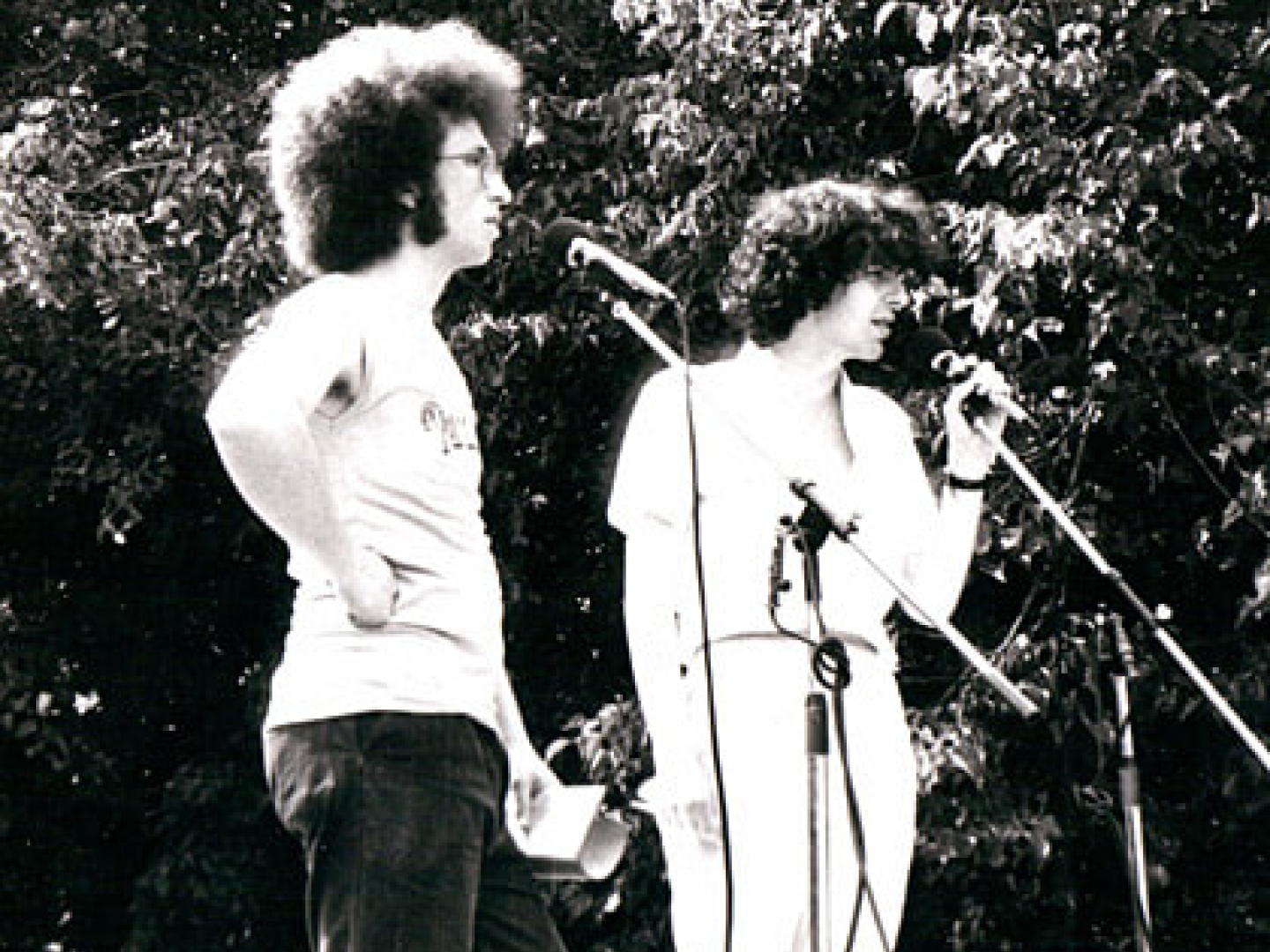For decades following WWII, Russian literature remained bifurcated into the official and unofficial subfields, which were perceived as completely autonomous from each other. In the 1990s, the entire body of Russian poetry underwent a massive reframing and restructuring. Many new institutions came into being, while the old ones changed their messages; a new set of key literary figures emerged from the underground, where they had previously earned their reputations, to an ever wider acclaim in the new society. What tendencies conditioned the development of Russian poetry during that period, and what legacy have the 1990s left for the present day? Dmitry Kuzmin, an active participant of the transitional reforms in the literary life of the country at the turn of the century, will share his experiences and opinions on this pivotal moment in the history of Russian poetry and culture.
Dmitry Kuzmin (b.1968) graduated from Moscow State Pedagogical University. In 1989 he founded the Vavilon Union of Young Poets, an organizational hub for Moscow’s experimental poetry scene. He has been the head of ARGO-RISK Publishers since 1993, editor of the Vavilon Internet project (www.vavilon.ru) since 1996, and editor in chief of the quarterly poetry magazine Vozdukh [Air] since 2006. From 1996 to 2002 he ran Risk, the first Russian magazine for gay writing. He won the 2002 Andrei Bely Prize for Merit in Literature, and his selected poems and translations, Хорошо быть живым (It’s Good to Be Alive) won the Moskovsky Schet [Moscow Count] award for the best debut poetry collection. His poems have been published in England, France, Poland, China, Italy, Estonia, and Slovenia, and in the United States in A Public Space, St. Petersburg Review, Habitus, Aufgabe, and Fulcrum. His other publications include Russian translation of works by Auden, Cummings, Stevens, and Ashbery, as well as French and Ukrainian poets. In 2014, he was as a visiting professor at Princeton University. The same year he moved from Moscow to Latvia, where he has lived ever since. Among his most recent initiatives is the Latvia-based publishing house and residency Literature without Borders.
